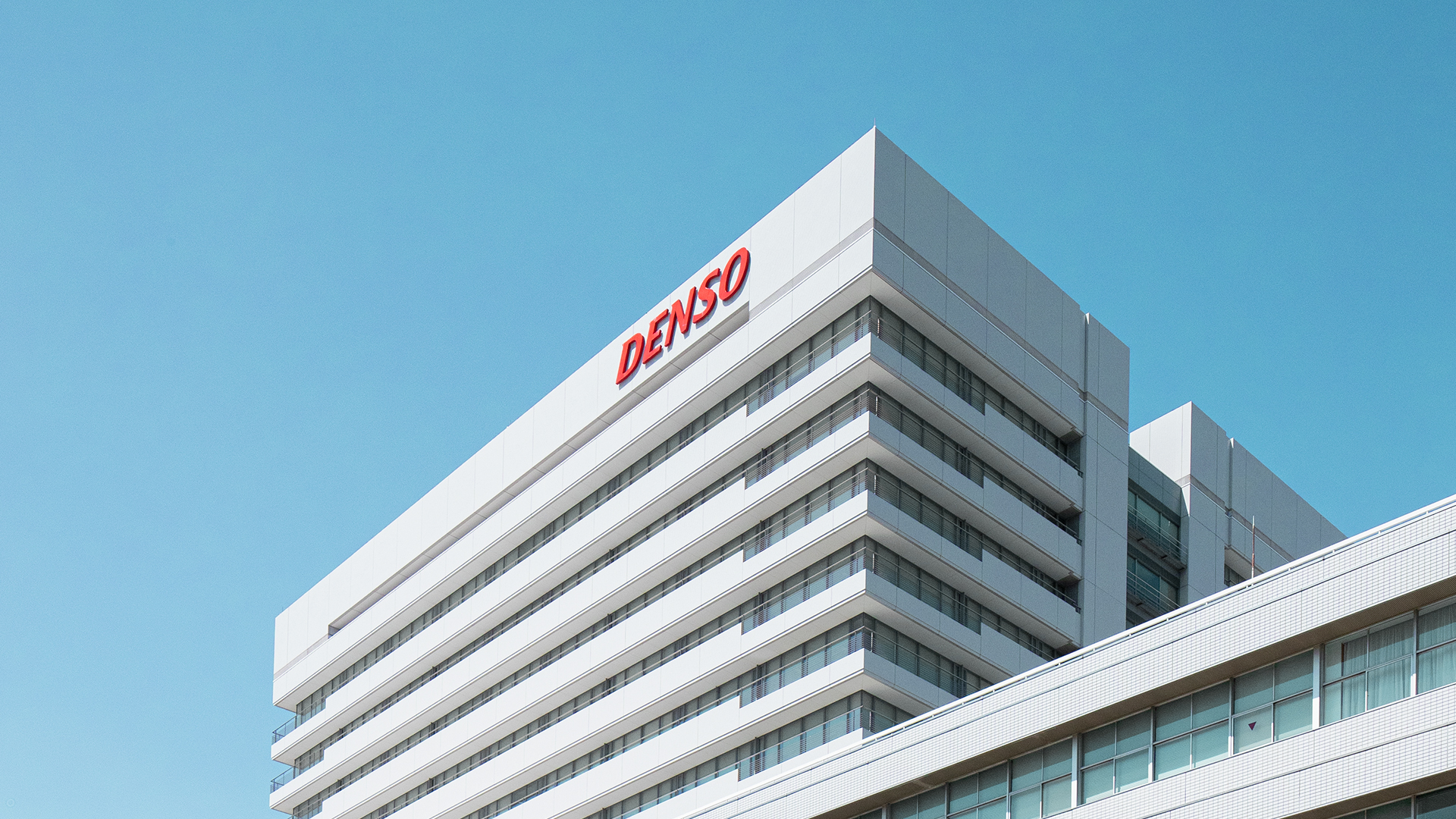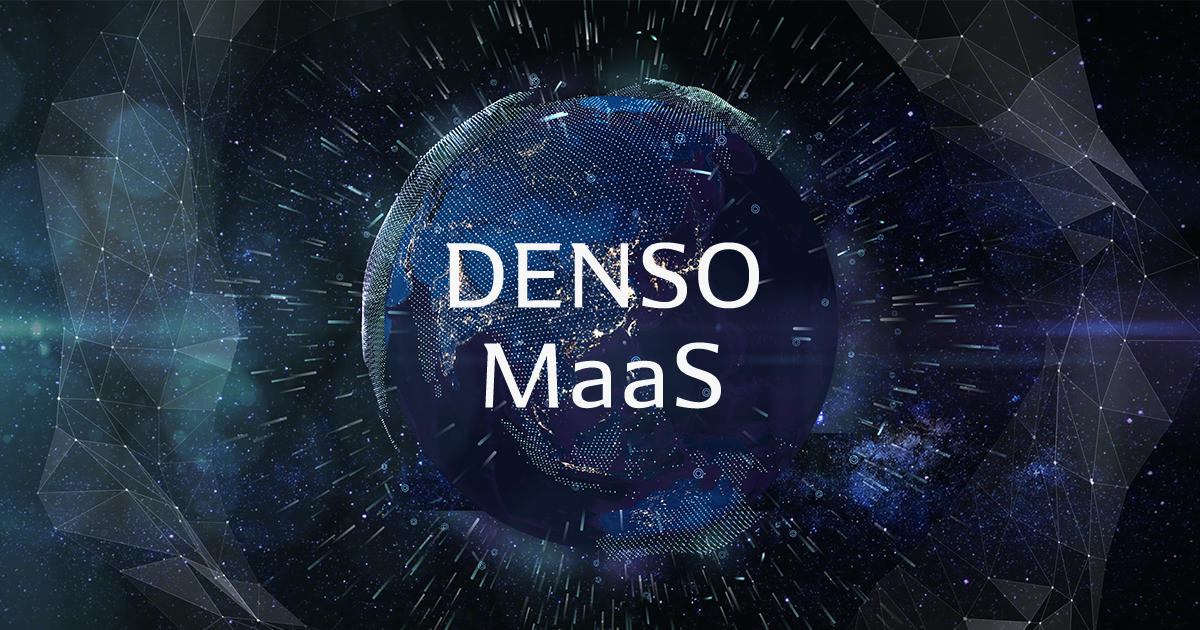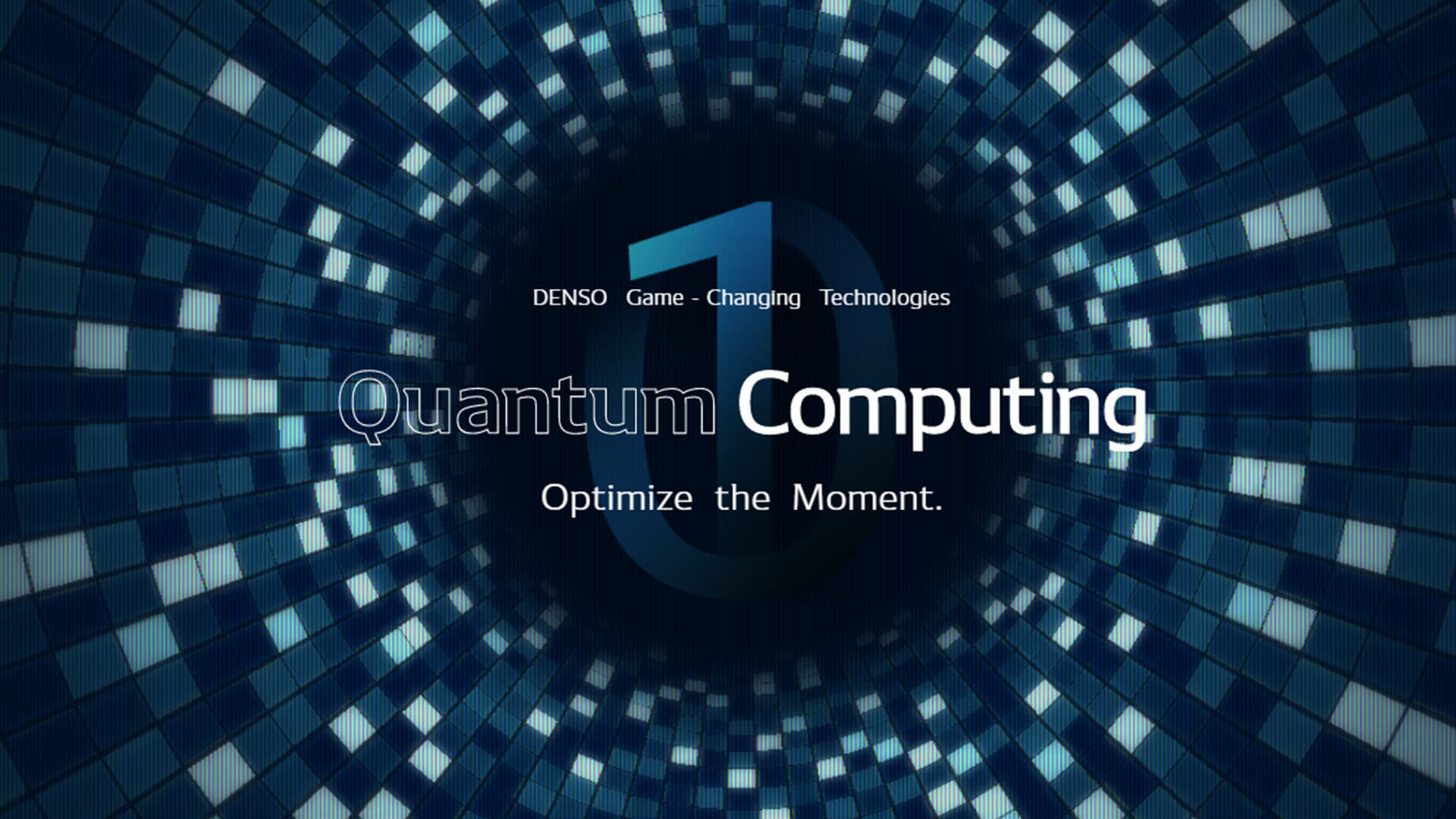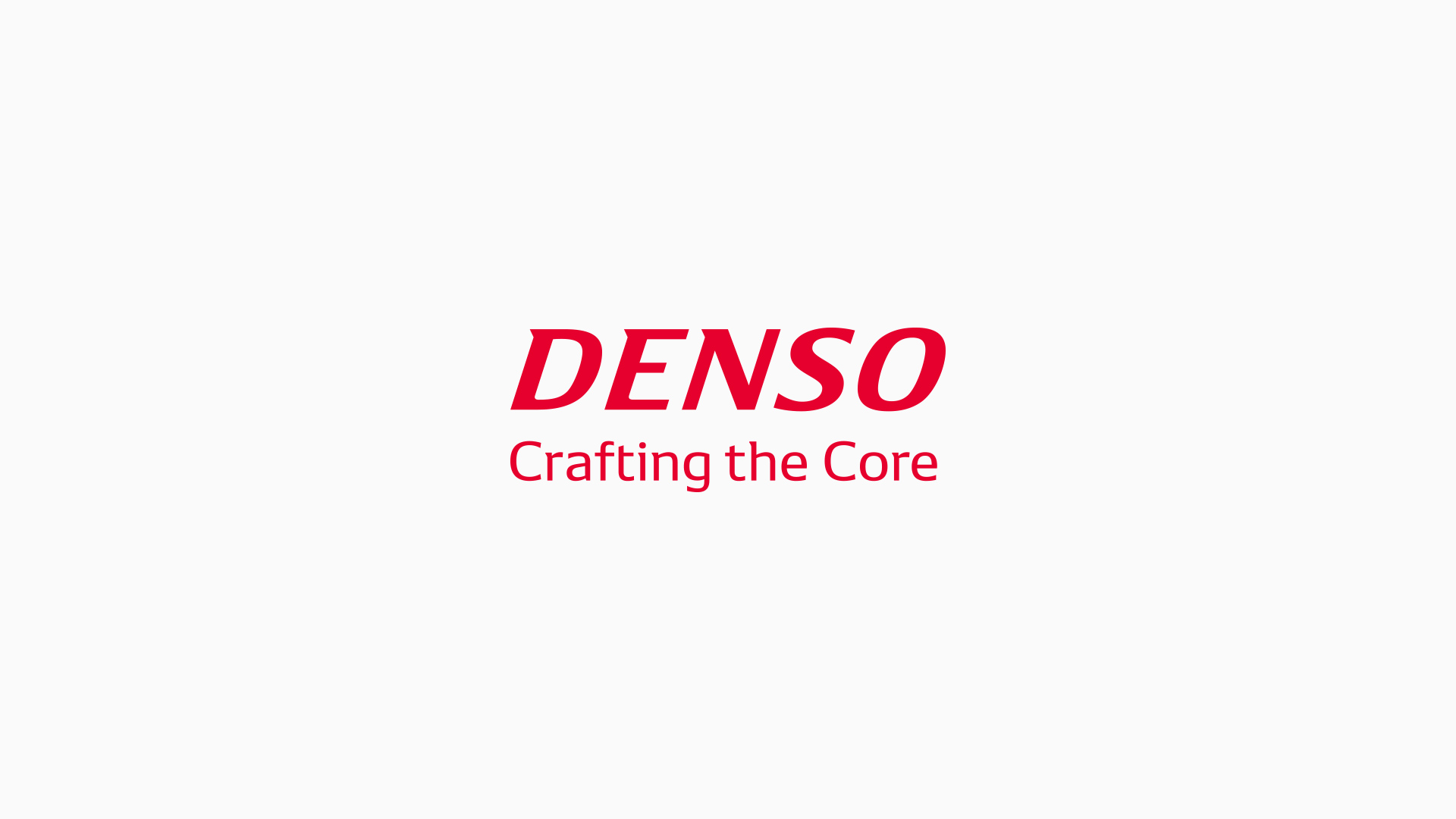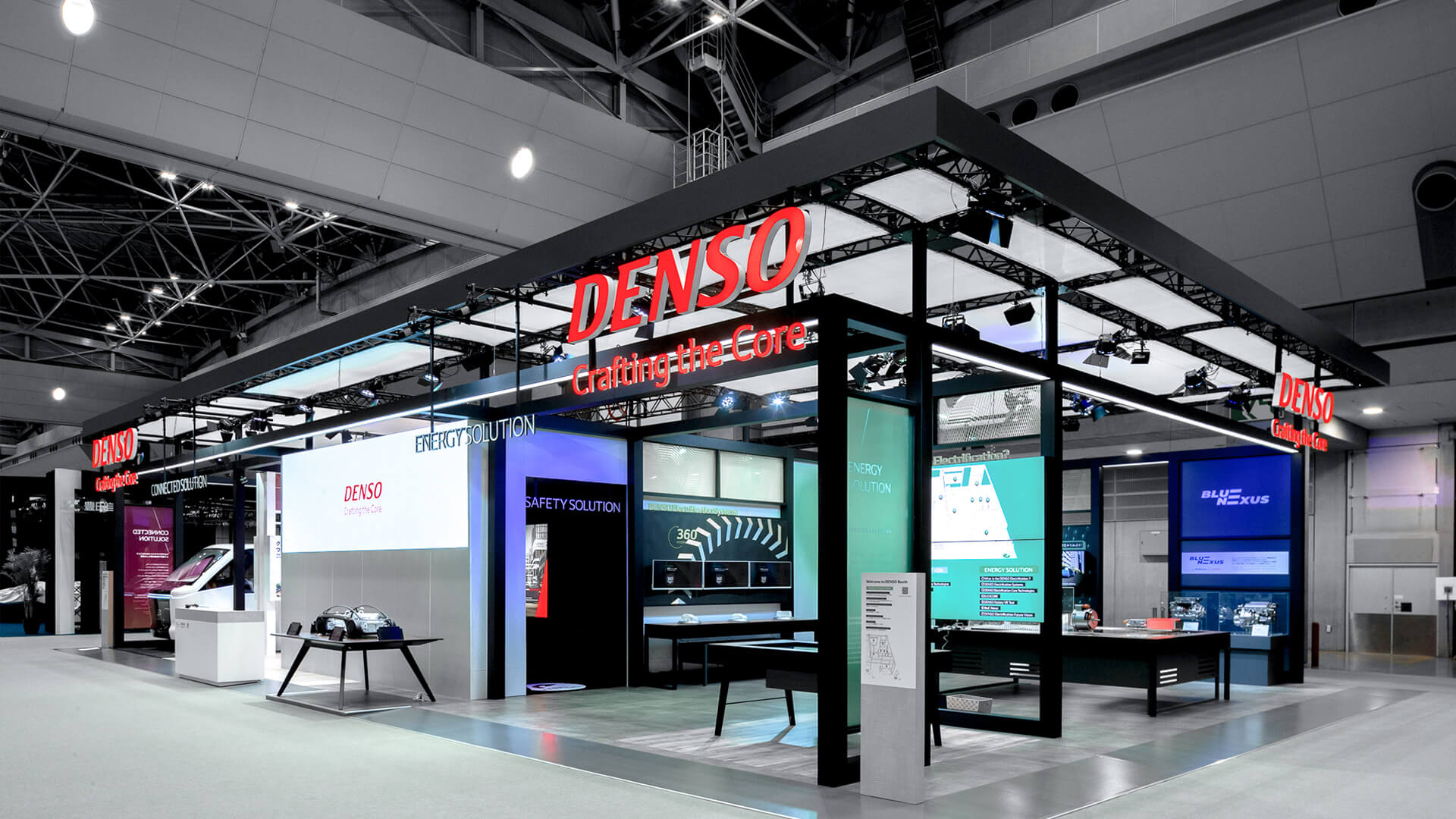External Evaluation
Third-Party Opinion
Hideto Kawakita
CEO, International Institute for Human,
Organization, and the Earth (IIHOE),*
Editor and Publisher of Socio Management Review
* Founded in 1994 for "Democratic and Balanced Development for All the Lives on Earth," IIHOE has served as a management consultant for NPOs and social entrepreneurs while supporting CSR engagement of major Japanese companies.
https://blog.canpan.info/iihoe/ (Japanese only)
Third-Party Opinion on the DENSO Group’s Initiatives toward Sustainability and CSR (Fiscal 2024 to Fiscal 2025)
This third-party opinion has been written based on the content of the sustainability/CSR-related pages on the DENSO Group’s website as well as on interviews with DENSO staff in charge of environmental policies, procurement, quality and customer satisfaction, human resources, health promotion, the creation of ideal workplaces for safety and health, corporate citizenship, and sustainability management. The opinion covers the Group’s initiatives up to the end of December 2024.
DENSO has set numerical targets for its wide-ranging sustainability/CSR initiatives based on the DENSO Group Sustainability Policy. In Japan and overseas, the Company has developed a management cycle to quantitatively manage progress and issues. In doing so, I believe DENSO is maintaining standards that should serve as the benchmark for other companies around the world. Moving forward, I fully expect that DENSO will continue to enhance its dialogue and communication with the public so that it increases social trust in its quality and safety, while moving forward with efforts toward its three key fields of “green,” “peace of mind,” and “inspiring.”
Items that deserve high praise
-
In terms of sustainability and CSR management, DENSO made several declarations under its Long-term Policy for 2030. These include reducing the Company’s environmental burden, creating a sustainable society through highly efficient mobility, and realizing a society with no traffic accidents and in which everyone can move freely and conveniently and live with peace of mind. DENSO proclaimed that these ambitions will be achieved through the new value it will create from earning the recognition of society. DENSO has established KPIs for important items related to achieving these aspirations and, guided by these aspirations, each section and relevant manager of DENSO has been moving forward with efforts to fulfill the Company’s diverse and practical social responsibility. These efforts have been managed comprehensively and quantitatively from the perspectives of risk management and stakeholder satisfaction. I give DENSO high praise in this regard. Meanwhile, by establishing contacts with NGOs and other organizations in key regions of the world, I hope that dialogue and engagement with external stakeholders, particularly members of local communities, will take place at an earlier stage and in greater depth regarding matters such as the formulation of these policies and the evaluation of their progress. Specifically, I hope to see DENSO create opportunities for sharing information on the formulation and progress of its Long-term Policy with local community members through the establishment of an advisory board.
-
For sustainable procurement, DENSO deserves high praise for disclosing its Supplier Sustainability Guidelines and Supplier Self-check Sheet, which help DENSO’s suppliers establish a foundation for sustainability and CSR management, on its corporate website. These guidelines and self-check sheet cover the following nine items: safety and quality of products and services, human rights/labor, the environment, legal compliance, disclosure of information to stakeholders, risk management, responsible material procurement, corporate citizenship, and developing and deploying policies and guidelines for suppliers. DENSO also should be applauded for working with Group suppliers in Japan and overseas to continuously work toward improvements on issues that need to be addressed by providing guidance on adhering to the Supplier Sustainability Guidelines and offering feedback through self-checks that make use of self-diagnostic sheets. DENSO has incorporated CSR themes in the daily on-site management of not only the Group but also the Group’s primary suppliers. The Company has also created a setting and opportunities to share its world-leading initiatives with suppliers, loaned tools to suppliers so that they can promote similar initiatives themselves, and conducted energy-saving diagnosis. Furthermore, DENSO has established departments responsible for helping suppliers realize carbon neutrality. These are examples of initiatives that I believe should serve as a global benchmark and accordingly deserve high praise. I also give DENSO a high evaluation for its efforts to promote the appeal of its value provision and review subsidy programs with industry organizations and governments. The Company should also be highly commended for the fact that it received responses from all suppliers regarding conflict minerals, cobalt, and mica, and I expect that it will respond appropriately to suppliers that do not comply with these requirements going forward. In addition, it is also worthy of mention that DENSO held individual hearings to ascertain such matters as issues facing non-Japanese technical interns working at its major business partners in Japan. Going forward, the basic rights of non-Japanese technicians will be further recognized due to the expansion of specific technical qualifications, allowing these technicians to work over the long term. It is therefore my hope that DENSO reaches out to suppliers in a concrete and effective manner to encourage improvements so that an even greater number of suppliers have non-Japanese technicians work for them over a longer period of time.
-
For environmental management, DENSO deserves praise for declaring its ambition to achieve complete carbon neutrality within its Monozukuri (manufacturing) activities by the target year of 2035 and steadily making progress to that end. The Company also should be commended for establishing internal carbon pricing (ICP) and using ICP as the basis for its business portfolio and investment decision-making. Furthermore, I was pleased to see DENSO gradually introduce renewable energy at its plants both in Japan and overseas. In the future, I strongly hope that DENSO will continue to work with end-product manufacturers to reduce the environmental impact at the end-user stage.
From the perspective of practical implementation, DENSO has established quantitative targets and promotion plans for each section and relevant manager in regard to a detailed list of items in order to further pursue environmental efficiency in terms of both products and manufacturing, which the Company already maintains at a world-class level, and resource productivity. I evaluate DENSO highly for the initiatives being carried out and verified on a Companywide level to ensure that these targets are achieved, as well as for the establishment of the Carbon Neutral Technology Development Section to engage in the development of production technologies that will be realized at the Company’s business sites two years from now. DENSO’s “organizational culture that encourages a bottom-up approach and follow-through on decisions” provides a backbone for the Company’s environmental management initiatives, an area in which DENSO excels on a global basis. This organizational culture can also be viewed as the lifeblood for DENSO’s contribution to sustainability and for the advancement of efforts toward fulfilling the Company’s social responsibility. Additionally, through the global rollout of “Perfect Energy Factory (PEF) Activities” and the promotion of “Just-in-Time (JIT) Energy Activities,” in which production sections and facility management sections share demand-related information on all types of resources—including electricity, gas, compressed air, steam, water, and lighting—in advance using “electric signboards” and work to minimize and optimize supply, DENSO has established a framework for having those working on the front lines recognize issues that need to be improved upon on their own—and I give this framework a high evaluation. These efforts represent best practices that should act as a benchmark for the global manufacturing industry.
I also believe DENSO should be commended for clarifying and steadily promoting its three targets (“Target 3”) of “Energy 1/2” (soon to be revised to “Neutral”), “Clean × 2,” and “Green × 2” as well as 10 specific actions (“Action 10”) for realizing these targets under DENSO Eco Vision 2025, which was announced in fiscal 2017. Moreover, regarding energy management in particular, I hold DENSO in high regard for establishing optimized systems for Companywide energy management and energy management within its production and supply activities, as well as for formulating road maps for achieving carbon-neutral plants. DENSO should also be highly evaluated for implementing risk management from the perspective of the Company’s impact on water-related issues and the impact of water-related issues on the Company, in addition to opportunities where the Company can help resolve such issues. Taking into account its global value chain, including its service stations, I remain hopeful that DENSO will make more extensive and significant accomplishments toward Target 3 in such ways as understanding and improving the conditions regarding the use and recycling of plastics, which are known to have an impact on marine ecosystems and biodiversity, and expanding initiatives to conserve forests that provide water sources in locations where DENSO and its business partners, including resource collection sites, are located as well as biodiversity in downstream bodies of water. Additionally, I would like to see DENSO promote the use of remanufactured products and work in collaboration with various aspects of social infrastructure, such as traffic light systems and EV charging stations, to reduce fuel consumption. I also have high expectations for the development of functional resins and other materials to accelerate weight reduction and increase efficiency. -
For promoting employee health, I give DENSO a high evaluation for the following items: appointing managers to act as “healthcare leaders” in the workplace and requesting that all offices create and implement annual health plans; introducing healthcare scores, which evaluate the conditions of individual lifestyle habits based on individual actions and responses to questions during medical examinations, as a Companywide target, and, especially, undertaking efforts to quantitatively understand individual lifestyle habits of employees by analyzing their behavior—including from the perspectives of diet, exercise, alcohol consumption, sleeping patterns, and smoking—; utilizing data such as BMI, and subsequently promoting concrete improvements, both on an individual and workplace basis; and promoting preliminary approaches prior to specific medical examinations for employees in their 20s and 30s. While the incidence and recurrence of mental illness has not increased, as a means to respond to and prevent such illness, which tends to rise through an increase in the number of employees, I would like to see DENSO promote individual support and consultation at high-risk workplaces and conduct training regarding ways to cope with and reduce stress. Additionally, I hope that DENSO will encourage the sharing of experience between fellow employees and their supervisors, develop training methods that cater to the current era, in which there are fewer opportunities for people to collaborate with others, and create life support services in cooperation with labor unions.
Areas in which DENSO should make further efforts while evaluating the progress of its initiatives
-
For creating a safe workplace, in addition to its conventional self-check sheets for fire prevention management, I was happy to see DENSO utilize examinations and advice from non-life insurance companies based on my suggestion. The Company is also taking measures to assess the cause of issues that occur during on-site work by contractors at its business sites in Japan as well as overseas. Going forward, as the aging of personnel and facilities continues to progress at DENSO’s suppliers, I hope that the Company can provide assistance for developing human resources, including the utilization of certification programs. I also hope that DENSO can develop and promote the widespread use of support tools, such as AI cameras and apps, for management systems that provide the foundation for safety and health-related initiatives.
-
With its commitment to eliminating traffic accidents and enhancing peace of mind, DENSO developed Global Safety Package 3, which covers a wider range of accident scenarios, and acceleration control devices for when drivers accidentally step on the gas pedal. I commend DENSO for these accomplishments. At the same time, I strongly believe the Company should be more proactive with the creation of opportunities for employee engagement due to the fact that people and society as a whole play a crucial role in mobility, even if there is a growing need for automation. In addition, I would like to see not only the revenue of advanced driver assistance systems (ADAS) but also the coverage of accident scenarios and the development of effective partnerships to achieve zero traffic accidents included as KPIs.
-
In terms of improving customer satisfaction, I commend DENSO for disclosing the level and methods of CO2 emissions reductions resulting from repairs to its products. Going forward, I strongly hope that DENSO establishes frameworks to support the efforts of its customers, who are positioned as DENSO’s most important business partners, from the perspectives of both reducing environmental burden and achieving zero traffic accidents. These frameworks could include the development of business models that position maintenance and disassembly business operators as used product suppliers for the recovery of chlorofluorocarbons (CFCs). I also hope that DENSO builds platforms that can be shared with other companies.
-
As for DENSO’s corporate citizenship for international and local communities, I give DENSO high marks for the diverse and trailblazing initiatives that it is undertaking. These initiatives include the DENSO Group HEARTFUL Fund, which places priority on the environment, safety and peace of mind, and Hitozukuri (human resource development), and in which nearly 8,000 employees participate; support for persons with disabilities and adaptive sports through the Wheelchairs and Friendship Center of Asia (WAFCA) and other means; the holding of Science Schools; the provision of support and development of systems for recovery efforts in disaster-stricken areas while making use of DENSO’s core business; and the promotion of traffic safety awareness. At the same time, as an example of how DENSO can resolve social issues while simultaneously implementing its business activities, I hope that employees of the Group worldwide take action in their respective communities to act as traffic safety instructors. I also sincerely hope that DENSO leverages its services and strengths to their full potential in such ways as creating regional traffic safety maps and a curriculum for the development of human resources. In addition, I continue to strongly encourage DENSO to promote efforts aimed at creating a society with zero traffic accidents.
Expectations for the advancement of DENSO’s initiatives as a global company
-
In regard to corporate governance, DENSO deserves high praise for establishing and implementing a structure based on Japan’s Corporate Governance Code, including modifications to its internal executive system, as well as for promoting information disclosure. In addition, high marks should be given to DENSO for clarifying methods for “appropriate cooperation with stakeholders other than shareholders” within its “Basic Policies on Corporate Governance,” established in June 2015, and disclosing the number and details of consultations and reports to the Business Ethics Hotline. Going forward, I hope that the management ranks of DENSO, including the Company’s directors, work to enhance diversity in terms of value systems and culture, especially in a way that gives sufficient consideration to a structure that generates synergies with employees and other directors. I also have high expectations that DENSO’s management will lead the way with its decision-making, including the formulation of materiality; increase the number of opportunities for engaging in dialogue with local communities in the Company’s core regions of operation around the world; and, as a key prerequisite for this increase, raise the percentage of local employees in leadership roles at major consolidated Group companies overseas with even greater precision.
-
As for the value creation process that helps realize the Company’s Long-term Policy, DENSO needs to take the state of social infrastructure and automobiles into account by considering forecasts for population demographics and social and economic conditions, such as the response to climate change, in the 2030s both in and outside Japan, if it wishes to reach its goal of becoming “a company that continuously generates value to enrich mobility that achieves sustainability, happiness, and peace of mind for everyone,” which it adopted under its Long-term Policy. These considerations are also crucial for realizing the sustainable growth of both the Company and society as a whole. In particular, I would like to see DENSO actively make proposals for addressing the issue of the rapid increase in aging populations and their overall lack of mobility, limited to moving shorter distances and at lower speeds, in other words, guaranteeing accessibility for the elderly, a trend that is occurring in Japan and worldwide, as well as for realizing mobility without the use of fossil fuels.
-
As for materiality, I commend DENSO for clearly stating the target year for each material issue. Going forward, however, the Company’s material issues (materiality) should cover not only its employees but all other stakeholders and social value should be established as a KPI, such as life cycle assessment (LCA) to assess environmental impacts and the coverage of accident scenarios to assess the safety of products. I would also like to see DENSO conduct a mapping of the various items and issues related to human rights. Moreover, with regard to human diversity, which comprises the basis of the Company’s materiality, a key indicator looking ahead to the 2030s is the percentage of local employees in leadership positions at major consolidated Group companies overseas.
-
In terms of efforts toward human rights, I give high marks to DENSO’s procurement sections for properly ascertaining the structures and human rights-related initiatives of the Company’s suppliers and encouraging them to make improvements. I also commend DENSO for the establishment of the DENSO Group Human Rights Policy. Furthermore, DENSO deserves praise for commencing assessments of human rights-related risks based on the DENSO Group Human Rights Policy and identifying the four priority issues to be addressed. At the same time, in order to promote improvements to Groupwide efforts in the downstream processes (particularly the recycling process) of the value chain, I would like DENSO to establish a human rights management structure throughout the entire value chain (specifically, concrete commitments by upper management, the implementation of due diligence, and the establishment of a system for remedy measures). Particularly in Japan, I sincerely hope that DENSO supports the establishment of work environments at not only Group companies but also suppliers that encourage non-Japanese technicians to continue to work at their company for as long as possible, given the significant revisions made to the system for non-Japanese technical interns. In addition, human rights initiatives should focus not only on reducing negative impacts but also on generating positive impacts by creating an environment where employees want to be a part of. In terms of its response to human rights issues, I give high marks to DENSO for taking appropriate measures, such as making requests to the relevant parties and accepting such reports. Going forward, I hope the Company works effectively with external parties, such as issuing joint news releases with relevant parties.
-
Regarding respect for employees and diversity of human resources, I applaud DENSO for building on its advanced efforts to hire persons with disabilities, promoting efforts to increase the percentage of female employees in management positions in Japan. and, in particular, encouraging the promotion of female technicians to management positions. These efforts involve actively recruiting women, promoting a work–life balance, and ensuring fairness in promotion opportunities. With that said, disparity in length of employment for men and women exists, but I therefore remain hopeful that DENSO will continue its efforts to establish an environment and systems that help employees continue to work while supporting their families through childcare, caregiving, and nursing care, and move ahead with quantitative reviews of relevant decision-making, such as at meetings, and business conditions. Also, while I applaud DENSO for striving to improve the percentage of local employees in leadership roles at overseas bases, I hope that the Company can develop a human resource portfolio that anticipates the needs of the 2030s and establish opportunities to hone its ability to harness the strengths of both internal and external talent, which will serve as a base for enhancing its ability to realize new businesses and mass production. At the same time, I sincerely hope that DENSO continues to promote the multilingualization of exchanges with, and messages and notices to, candidates for upper management so that even more employees in DENSO’s regions of operation can understand the Company’s philosophy, values, and practices in their own native languages.
-
In terms of the depth and timing of the introduction of initiatives, an information disclosure policy has been established. However, I sincerely hope that DENSO will conduct its annual disclosure at an earlier date and continue to create more and deeper opportunities for dialogue with local community members. Such dialogue will enable the Company to introduce its initiatives toward a wide range of issues, such as those relating to the environment and greater society, in a timely manner. In addition, it will allow DENSO to deepen discussions on the functions that will help lead the Company into the future and the value it should create for society.



